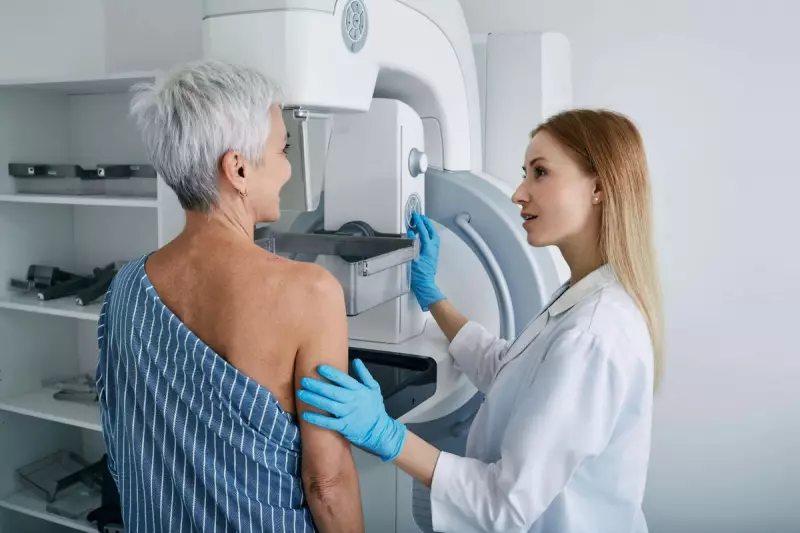
Scientists in London have achieved a significant breakthrough in the early detection of breast cancer, a development that could revolutionise treatment outcomes for millions of women worldwide.
The pioneering research, conducted by a team of experts at a leading London institution, focuses on identifying subtle biological markers that appear long before traditional screening methods can detect cancerous growths.
How the New Method Works
Unlike conventional mammograms which identify physical tumours, this innovative approach analyses molecular changes in blood samples that indicate the very earliest stages of cancer development.
Key advantages of the new technique include:
- Detection up to two years earlier than current methods
- Higher accuracy rates in younger women with dense breast tissue
- Non-invasive procedure requiring only a simple blood test
Potential Impact on Survival Rates
With breast cancer affecting approximately 55,000 women in the UK each year, this advancement could dramatically improve survival statistics. Early detection typically leads to more effective treatment options and better long-term outcomes.
Professor Sarah Henderson, lead researcher on the project, explained: "Our findings represent a paradigm shift in how we approach breast cancer screening. By identifying the disease at its molecular origins, we can intervene when treatment is most likely to succeed."
Next Steps for the Research
The team is now preparing for large-scale clinical trials across multiple NHS hospitals. If successful, the new screening method could become standard practice within the next five years.
Cancer Research UK has welcomed the findings, calling them "potentially transformative" for breast cancer diagnosis and treatment.





